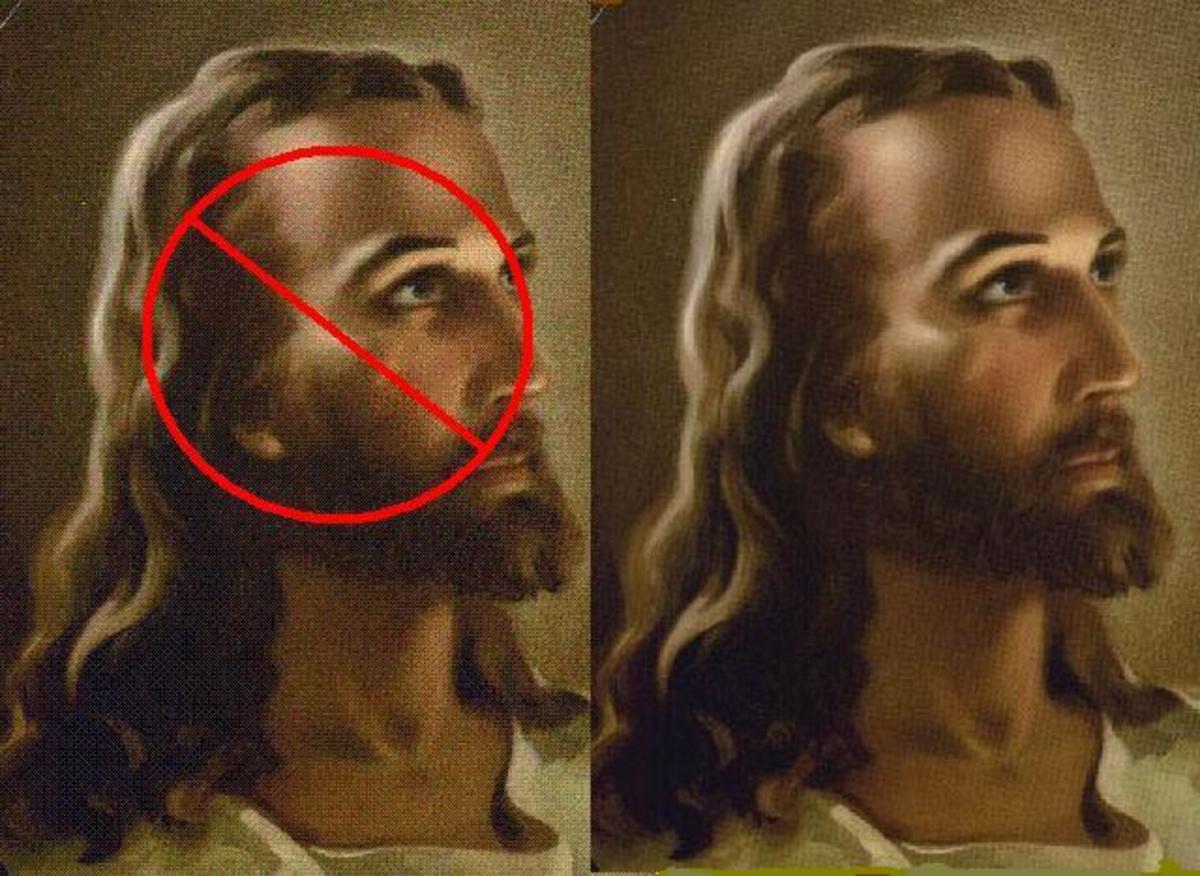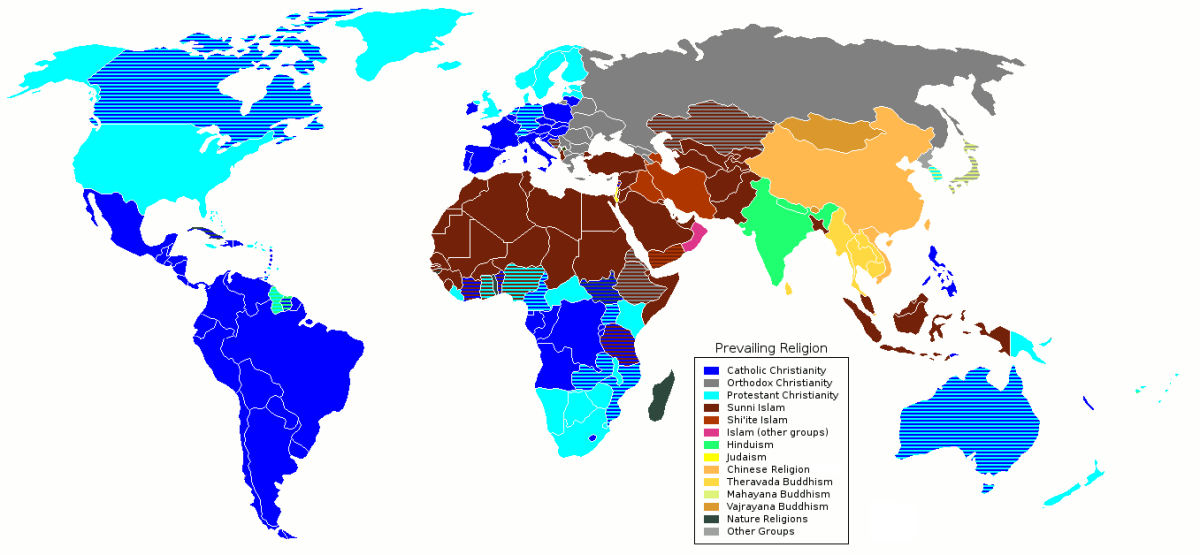Do atheists reject god?

Do atheists reject god?
Theists often tell atheists that they have rejected god and hurt his feelings, thus we deserve hell; as one of the prerequisites to get to heaven is a belief of the existence of god and accepting Jesus as your saviour. God positively
But have we rejected god? No. Because to reject a person or being you have to know they exist.
A person may reject another person’s advances. The other person may have hurt feelings and feel a need for revenge. But we know both people exist without a doubt. The atheist does not know for a fact that a god exists or they could not be atheists.
What the atheist rejects is the idea that a god positively exists. We do this because the existence of the Christian god, for instance, cannot be proven. Most theists admit that freely.
The god is absent from our existence unless we believe it helps us run our lives. But to a logical person belief is no more than a guess. Usually fuelled by emotion.
Atheists do not have the belief that the Christian/Jewish/Muslim god exists. We do not actively believe that a god of some sort does not exist either. In the absence of proof that no god, how ever we might define it, exists. That too is speculation and not worthy of belief.
Now if a god presented itself and proved to everyone that he or she or it exists, then we would be able to accept it or reject what it is offering from a perspective of facts. This just as we accept or reject the advances of anther person.
You can not reject someone unless you know they exist. How can I reject or accept someone unless I know what it is exactly that they want? Further, how can I accept that that is what they want unless they come to me themselves and tell me?
It’s all very well to have a friend tell you a girl or boy likes you, but until you hear it from them you can’t be sure your friend got it right.
In the case of Christianity, here we have “friends” telling us that god loves us but that unless we love god we’re doomed. The problem is there is no god around to confirm or deny that this is true.
Forgive us for not taking your word for it. You could have gotten it all wrong. We don’t see a god. Do you see a god?
It’s like your friend telling you a boy or girl likes you, but don’t know the person your friend is talking about, you never even saw this person, and your friend says you never will as long as you live. But he or she wants a relationship with you.
You are likely to ask your friend if they feeling ok and suggest they go lay down for a while.
You can’t rationally accept their story, so you can’t rationally accept or reject the person the story is about.
The atheist relies on facts. The theist relies on faith. This is why we cannot find common ground. Faith is speculation, not fact, and that is what the atheist rejects. The seeker wants facts and is not happy with belief or speculation. We have no problem saying we do not know if we don’t.
Science is full of facts, but every fact creates the opportunity for better questions. Questions are what drive science.
Theism believes that faith is the answer to everything. That is what atheism rejects.
So what if you were once a believer and then lost faith and eventually became an atheist? Did you reject god? No. You rejected the belief that god exists. You lost that belief, you didn’t reject the god itself.
There is only one kind of person who rejects god, and that is the person who believes that god exists but rejects that god because they have come to see it as evil. And I have seen quite a few people express that sentiment over the years. They are not atheists.
So theists can often be said to have rejected god. But atheists cannot because they do not have a belief that says god exists.
Gnostics often reject the god of the bible as an imposter. The real satan who fell from grace when he created us and told us he was the only god. The reject the Christian god though they don’t all reject Jesus as their saviour.
So then let’s get back to defining what god is. I think most of us would agree that god is the creator of all things. That would be a Christian’s definition, wouldn’t it?
So, if we assume that we and the planet were not always here, then however we came to be would match the definition of god. We know we exist so there has to be something that “created” us.
Hence a god must exist because we exist and didn’t make ourselves.
That is the most logical argument for there being a god that exists. But let’s change one word. Let’s create to produce. The word create implies a conscious creator. But the word produced does not, even though the two words mean exactly the same thing.
The atheist and science has good reason to think that nature and specifically the nature of energy is our creator. That we are the result of natural process rather than the creation of a conscious being.
There is no reason to believe or have faith that this is true. The evidence merely suggests that it is true. Atheists usually deal in probability rather than making absolute claims, so I am safe in saying I think there is a good probability that it is true due to the evidence we have between many fields of science including physics and chaos theory.
If it is true shouldn’t we be asking theists why they reject god?
The other thing is, even if it is proven false, that would not prove the Christian god’s existence by default. Theists will have to get their own proof for that, and they probably won’t get any because they reject the idea that their god needs to prove it exists. In fact, if it did there would be no need for faith which is what their religion is based on. So the theist doesn’t even really want there to be proof. The magic is in the lack of proof and need for the test of faith.
Will a theist ever accept a process as a god as opposed to a thinking conscious creator? Probably not. Yet there is no law of logic that says a god has to be a conscious being, and if a process produced/created us then it meets the definition of god as that which created/produced all things.
Many atheists would not be happy calling it the god process either, though we don’t have too much problem calling the Higgs Boson the “god particle” because without it there would be no mass and consequently no us.
Doesn’t matter what we call it, as it doesn’t care. But it is interesting to think that theists have been mistaking a natural process for a thinking being for centuries. A case of mistaken identity, so to speak.
Nature is somewhat like the Christian god, of course. If you don’t do what it tells you you’re doomed. In this case that means dead, not tortured for eternity. It created good and evil, though no with any intent, good or ill. You could make countless parallels between the biblical characteristics of god and nature. And that sounds pretty natural considering that we experience nature all the time. A god is just a way to explain it without actually explaining anything.
Christians are of course always reminded that the world has produced the idea of several hundred different gods with different designs on humanity and if we atheists can be said to reject the Christian god then we only reject one more god than Christians do.
But it is not about rejection or acceptance of facts. It is about rejection or acceptance of speculative ideas.
Bottom line is that there are criteria for accepting or rejecting anything. A rational person has no way of accepting or rejecting something they have no way of knowing anything about. Asking us to do so anyway is to us like asking us to do something meaningless. Why? Because as rabbi Sherwin Wine said; since nothing can be known about god, the question about its existence is meaningless.
While Christians think they know a god exists with certainty because of faith, they cannot know with certainty that a god exists. Their faith gives them the illusion of knowing what they cannot know.
It is we, perhaps, that should be accusing them of rejecting rationality. To me a far more egregious sin.








